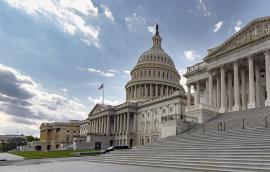Legal Barriers to Adolescent Participation in Research About HIV and Other Sexually Transmitted Infections
The second largest percentage of new HIV infections in the United States occurs among people aged 13 to 24 years old. Yet very few state minor consent laws explicitly authorize adolescents to consent to preventive services for HIV and other sexually transmitted infections without parental permission.
Quianta Moore January 11, 2016






